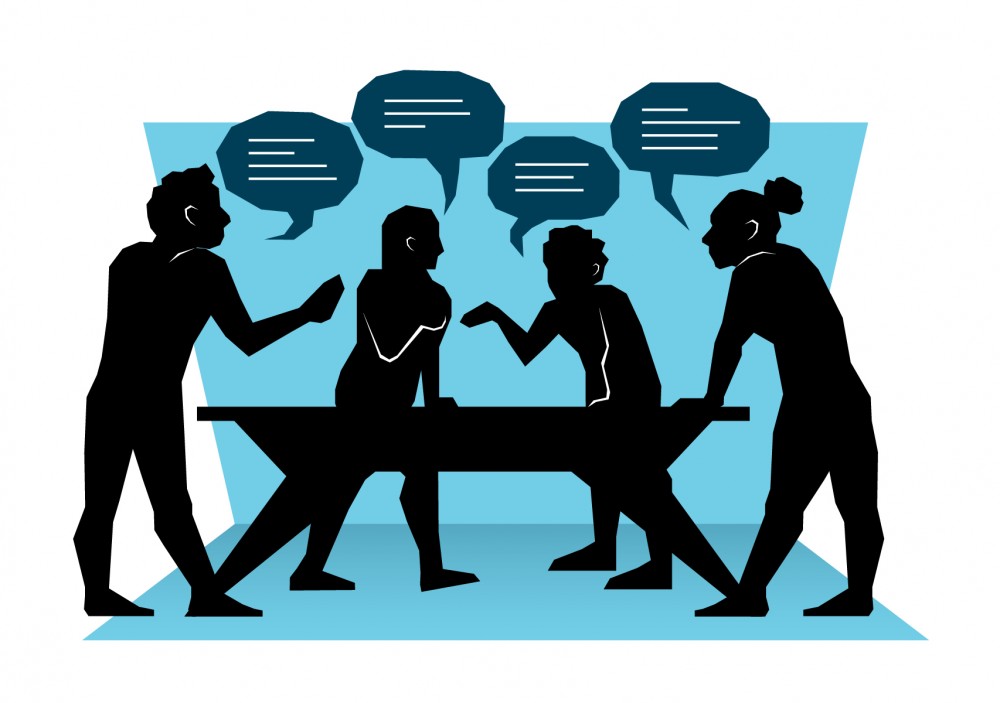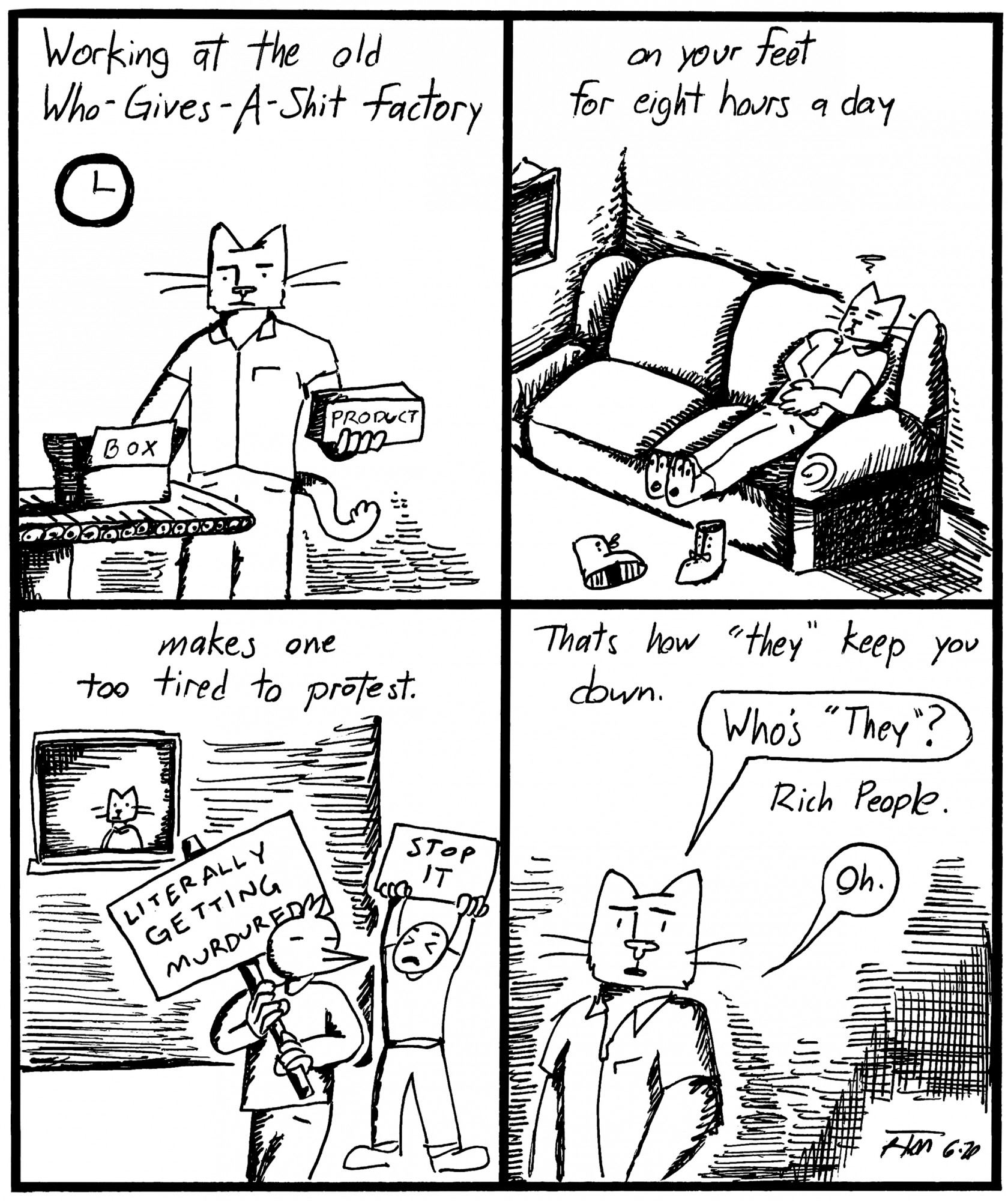Netflix’s original drama, “Extremely Wicked, Shockingly Evil and Vile,” stars the once teen heartthrob Zac Efron. The network also produced a docu-series titled, “Conversations with a Killer: The Ted Bundy Tapes.” Both follow the life and murders of the infamous serial killer Ted Bundy. But when you picture Efron’s tanned face, sparkling eyes and killer smile, do you think of a serial killer who took the lives of over 30 women throughout the 1970s? While most people think that these productions are just a retelling of a horrific era in history, people have started to romanticize these figures based on how they are portrayed today.
During the 1960s, America saw a surge in serial killers targeting everyday citizens. At the time it sent shock and fear into the homes of every American. Being over 50 years ago, this era of fear may seem far away and detached from our minds. Today, our fear is not rooted in serial killings, but different kinds of senseless acts. We are more accustomed to mass shootings and acts of terror rather than individual, vengeful crimes against other humans.
But while scrolling through our Tumblr dashboards, we are bombarded by pictures of poodle skirts and milkshakes that are supposed to remind us of the “happier days” of the 1950s. Thinking of aesthetically pleasing images and idealistic forms of life are an easy eraser of the abundance of racism and sexism at the time.
Scott Stroud, a researcher for the University of Texas’ Center for Media Engagement, found that romanticizing people of this era, specifically nefarious killers like Bundy, may have irreparable effects on our society. In her piece “The Problem with Romanticizing Serial Killers,” Suzanne Moore explains how dangerous it is for us to fall into this falsely romanticized world. Based off of her conclusion, Stroud writes, “…romanticizing the egregious serial killer Bundy in the new biopic might be dangerous for women and how it could demean what it means to be a victim.”
It is ridiculous to assume people need to be reminded not to idolize murderers and previous decades, but it’s evident that young people today are fascinated by these romanticized depictions. Twitter and other social media platforms alike have become home to a new community of fan accounts about serial killers and terrorists throughout history. Thomas Hobbs from New Statesman America reasons that some fans of true crime find it interesting to deduce what drove these people to commit these crimes, while others play the role of devil’s advocate. People have created profiles depicting themselves as “fans” of Jeffery Dahmer, Charles Manson and Ted Bundy himself. In a tweet from @Theblackpinkwak, they post “Charles Manson started a social revolution. Your fave could never.”
We need to look at history and see people, behavior, and incidents for what they actually were and not attribute them as pop-culture icons that we’ve seen on late-night crime television or in history books. If one day the generation after us paid homage to Jeffrey Epstein or any recent mass shooters, we’d be abhorred. These crimes may have been committed over 30 years ago, but it does not remove the significance of the heinous actions committed — nor does it mean that it is okay for us to humanize these people in ways that make us forget about the survivors and victims.

















